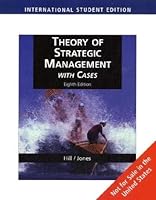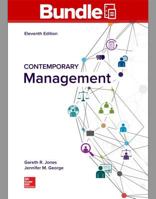Why Should Anyone Be Led by You?: What It Takes To Be An Authentic Leader
Select Format
Select Condition 
You Might Also Enjoy
Book Overview
Customer Reviews
Rated 5 starsAn amazing look at how the Matrix could indeed be real
Every essay in this book will shed new light on the way you view this world. It is so well researched, written, and edited that I'm hard pressed to find another book that I would rate so highly. There are theories presented here that will have you talking to anyone who will listen about the almost unreal possibilities these authors present. They are the top people in their respective fields and were not chosen because they...
0Report
Rated 5 starsOne of the Better Matrix Books
This anthology does a great job pulling interesting commentary on the movie together. In some ways it's more enjoyable than the movie itself. It has something of a religious bias, but so did the movie. Recommended if you're in the mood for deep thought lite.
0Report
Rated 5 starsAnd I thought the movie was deep BEFORE I read this book
Lets face it. If you're reading this review, The Matrix was more than just a movie to you. Something that you saw in it made you question, if even for a moment, the nature of reality as you have always understood it. And if you're willing to entertain that tantalizing 'splinter in your mind' awhile longer, you need to read this book. All of the essays in this book are thought-provoking and well written, with authors ranging...
0Report
Rated 5 starsIntellectual Thrill Ride
There was a reason that cyberpunk's quick-paced revival resonated with audiences, something more than Neo and Trinity's sexy androgyny, the cool effects and apocalyptic story. Audiences left the theater literally blown away; people heatedly discussed "The Matrix" in the car on their way home.As I sat in the theater seat nearly four years ago, the screen flashing before me, I got the sense that I was on to something big. There's...
0Report
Rated 5 starsThis one is wonderful
THE MATRIX is arguably one of the best done, most profound movies of our time, conveying concepts of depth and wisdom in a format that appeals to a broad range of fans, and entertains as well. Only a few films manage to do this, STAR WARS, CHARIOTS OF FIRE, and LORD OF THE RINGS are among the scant examples. There is so much packed into this movie that many viewers might miss what is really there, only having fun and enjoying...
0Report











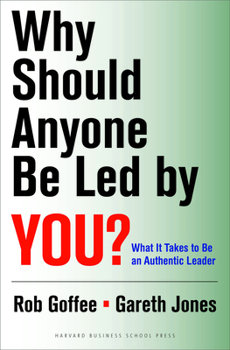


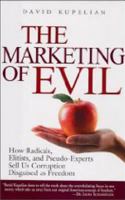
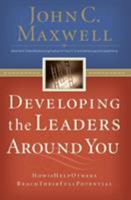

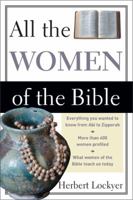
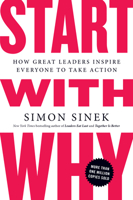
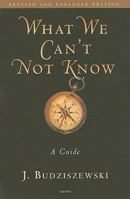
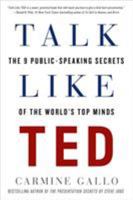
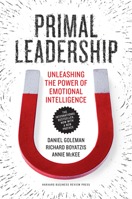
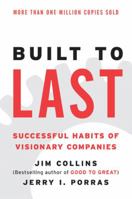
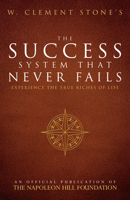
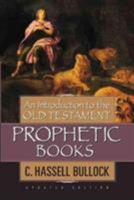
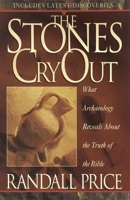
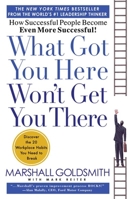

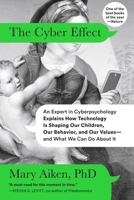
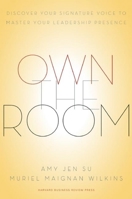

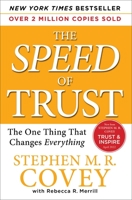
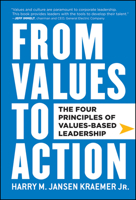
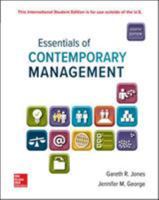
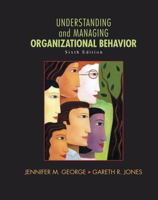
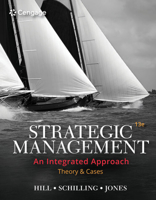
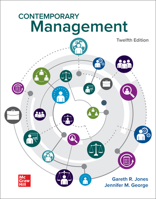
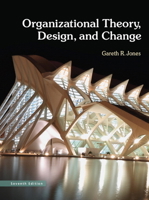
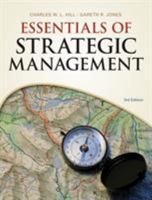
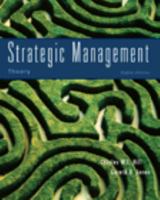
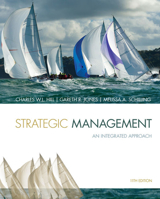
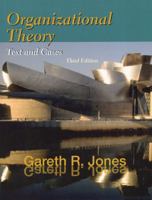
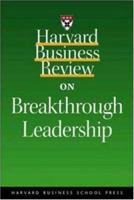
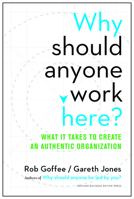
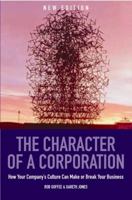
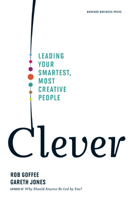
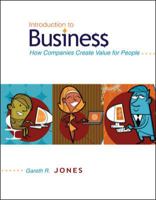
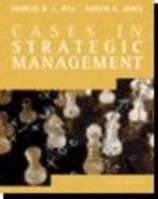

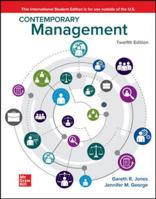
![By Gareth R. Jones Contemporary Management (Custom Edition for National College, BUS 224) (6th) [Paperback]](https://m.media-amazon.com/images/I/413gyI4eRpL._SL200_.jpg)
![Strategic Management: Theory & Cases: An Integrated Approach [with LMS MindTap Management 1-Term access Code]](https://i.thriftbooks.com/api/imagehandler/s/D8C2A5A38B4CBA35544D4F70B8CC781DE7095D4E.jpeg)
